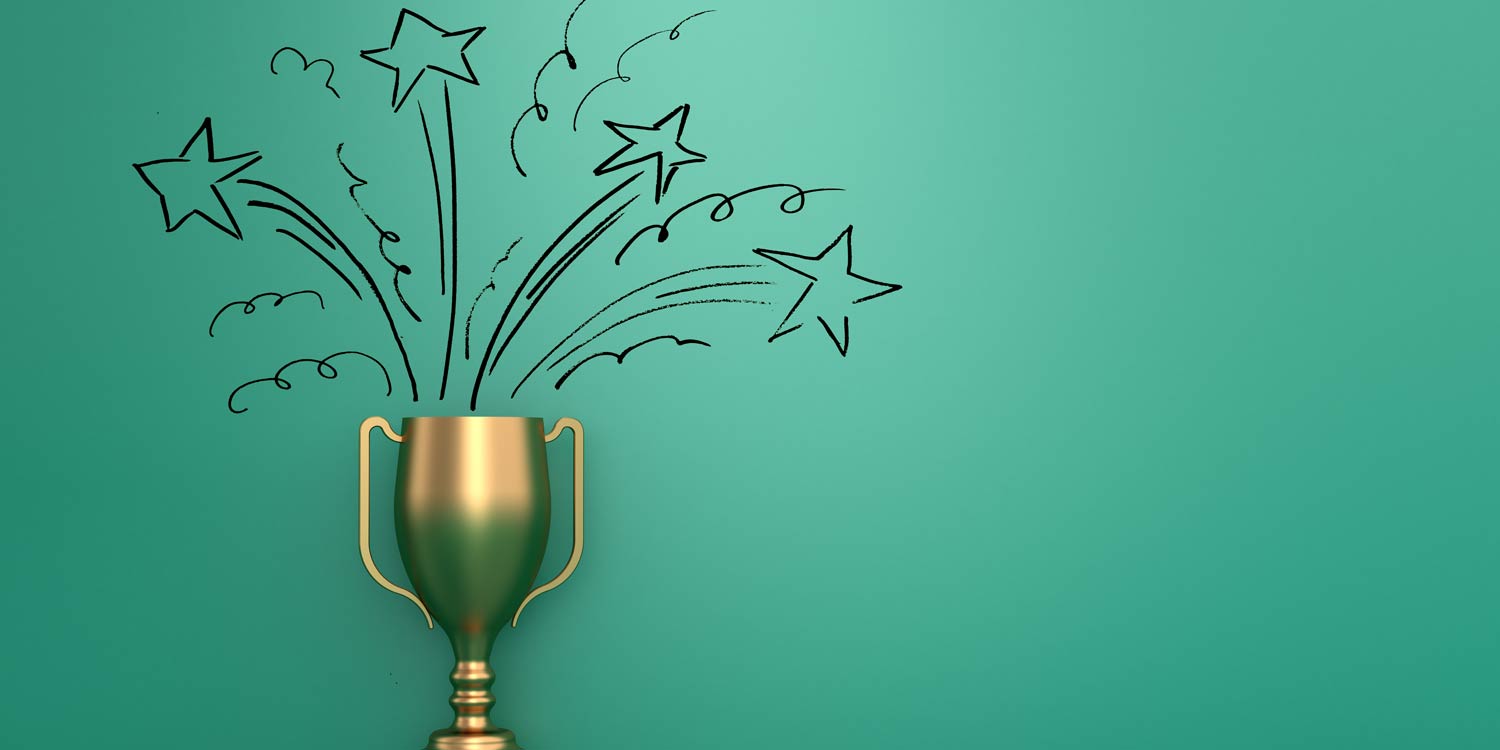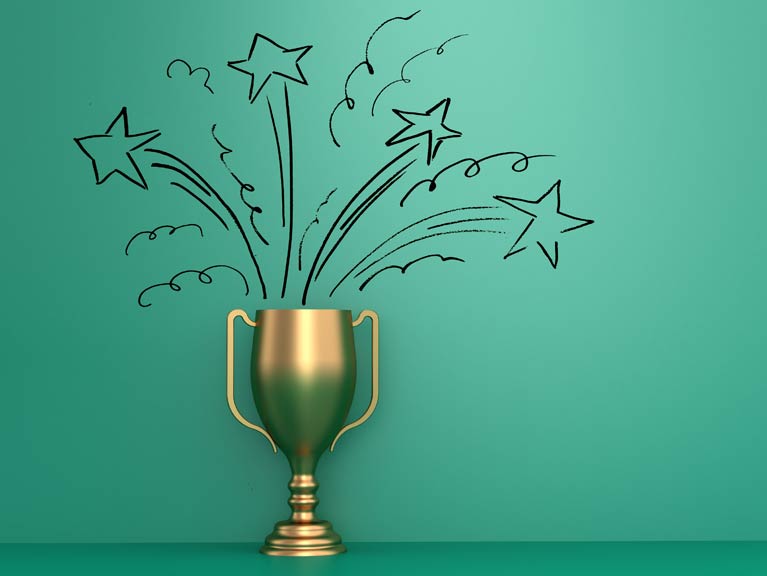2022 NGS Super Scholarship Awards — meet the winners
26 Oct 2022 3 min readNGS Super is delighted to announce the winners of the 2022 NGS Super Scholarship Awards.
The winning submissions met the challenge to put forward ideas that will make a difference in one of the following award categories – sustainability, navigating life or general. Each of the scholarship winners will receive $5,000 to help bring their projects to life.
Thank you to everyone who took part and submitted a project for consideration. We were truly impressed with your ideas and passion for making a difference to the education sector.
Congratulations to the winners and we look forward to hearing more about your projects as they come to fruition.
Nicole Trinca, NSW, Navigating Life
Passionate about breaking down barriers for children with disabilities, Nicole’s project aims to support a smooth transition for children and parents as they move into primary school. Working with parents and teachers the project will investigate how children with disabilities currently transition to into the school environment and identify supports and strategies that will enhance their inclusion in school life. Nicole is excited to create a framework to help teachers and children as they move through school. She is hoping it will remove barriers for children and lead to positive improvements in their quality of life at school and beyond.
Elizabeth Twigden, South Australia, General Category
Elizabeth’s project will focus on reclaiming the language and culture of the Kaurna People of the Adelaide Plains. Working closely with Kaurna Community leaders Elizabeth will develop the course and curriculum materials. She also intends to start a collaborative network of teachers using the Kaurna language in schools within South Australia. For Elizabeth offering students, the opportunity to learn the language and culture of the First Nations People, on the land on which they are living and studying, helps with “closing the gap” for Indigenous Students and broadens the cultural capacity of those who are non-indigenous. The project will be inviting students to be bold, make change and make a difference.
Margaret Kroeger, NSW, Sustainability
Concerned about the impact of plastics on the environment, Margaret’s project will look at repurposing HDPE plastics into pens. Involving students from across the school the project will produce pens from recycled milk lids. The Scholarship monies will be used to buy equipment to support the production of pens - and their sale will help build a business which will support environmental charities. For Margaret and her students, it’s all about building a circular sustainable business. The project will have practical application across maths, science, technology, English and business studies and give students a grounding in the values of collaboration, environmental awareness and student led enterprise.
Erin Storry, South Australia, Navigating Life
Readiness for school can have a big impact on a child’s attitude towards learning and success. So, making sure they have the skills to transition into school life is important. Erin is looking to help children and their families work through the transition to school by creating an app to help them build skills to be school ready. The app will use interactive games to address independence, social/emotional skills, and academic skills. Children will progress through levels collecting medals along the way, while parents will receive notifications on their progress and areas which might need development. Erin hopes this will give parents time to address or seek expert advice on any areas of weakness before their child starts school.
James Horrocks, NSW, Sustainability
Developing sustainable projects and becoming carbon neutral is a goal for James’ school and this project will focus on setting up a sustainable farm and café. By connecting indigenous culture, science (agriculture) and hospitality, the project will build the farm and café with a focus on 17 sustainability goals. Menu items such as carrot cakes, salads, eggs, will be made from produce grown and harvested at the school allowing students to develop skills in sustainable agriculture, entrepreneurship, finances, marketing, and communication with the local community including parents and guests.
Jay Chew, Victoria, Sustainability
With each student discarding an average of 3kgs of food waste each year, food wastage is a major concern at Jay’s school. His project will focus on a campaign exploring the severity of food waste and empowering students to change their food and waste habits. The project will include two key elements – students donating excess food to the local foodbank and soup kitchens and the installation of a biogas digester and food scrap composting system to power stovetops at the school’s cafeteria. The project will support students in their continued education about reducing their carbon footprint at home and school.


